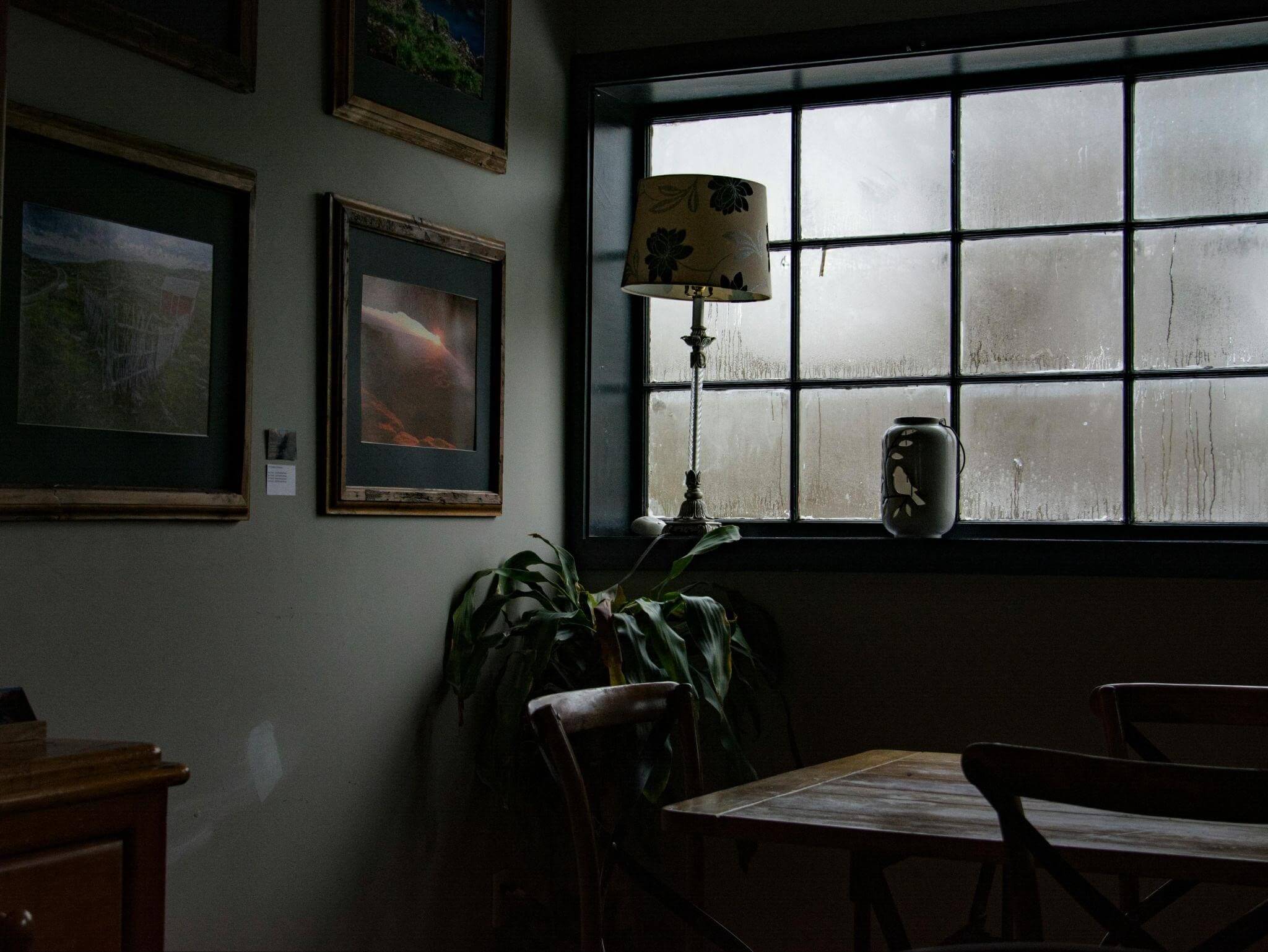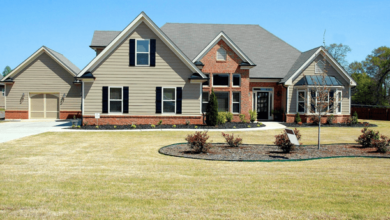
8 Essential Tips for Preventing Water Damage in Your Home
Water damage can be a homeowner’s worst nightmare. It not only leads to costly repairs but can also create an unhealthy living environment. Leaks, flooding, and even high humidity levels can contribute to water damage if not addressed promptly. Understanding how to prevent water damage is crucial for maintaining a safe and comfortable home.
In areas like Nassau County, where the weather can be unpredictable, taking proactive measures becomes even more important. Heavy rains, snowmelt, and humidity are all potential culprits for water-related issues. This article provides eight essential tips to help you safeguard your home from water damage.
1. Regularly Inspect Your Roof
Regular inspections can help identify potential issues like missing shingles, cracks, or other damage. Fixing these problems early can prevent leaks that may lead to significant damage inside your home. Schedule a professional inspection at least once a year and after major storms to ensure your roof is in good condition. If you notice any signs of damage, such as water stains on your ceiling or walls, address them immediately to avoid further complications.
Roof maintenance should also include checking for debris buildup. Leaves, branches, and other materials can clog your roof’s drainage system, leading to water pooling and eventually seeping into your home.
2. Maintain Your Plumbing System
Proper plumbing maintenance is vital in preventing water damage. Regular inspections by a qualified plumber can identify leaks, pipe corrosion, and other issues before they become major problems. Consider scheduling annual maintenance with a trusted Nassau County plumbing company to ensure your pipes and fixtures are in good working order.
Leaks can occur in various parts of your plumbing system, from faucets and toilets to hidden pipes within your walls. Addressing these leaks promptly can prevent water from causing significant damage to your home’s structure. If you notice any signs of leaks, such as damp spots, mold growth, or a sudden increase in your water bill, contact a professional plumber immediately.
3. Clean and Maintain Gutters and Downspouts
Clogged gutters and downspouts can lead to water overflow, which can damage your roof and foundation. Clean your gutters at least twice a year to remove leaves, debris, and other blockages. Installing gutter guards can also help prevent clogs and reduce maintenance.
When water overflows from clogged gutters, it can pool around your foundation, leading to basement flooding and structural damage. Regular cleaning and maintenance can help you avoid these issues and protect your home from water damage.
4. Install a Sump Pump
A sump pump is essential for homes with basements, especially in areas prone to heavy rainfall. It helps prevent water from accumulating in your basement by pumping it out and away from your home. Regularly test your sump pump to ensure it’s working correctly, and consider installing a battery backup system to keep it operational during power outages.
Sump pumps can be a lifesaver during heavy rainstorms or when the ground is saturated with water. Without a functioning sump pump, water can easily seep into your basement, causing extensive damage to your property. Make sure to test your sump pump regularly and keep it well-maintained to ensure it works when you need it most.
Read also Asphalt Innovation – The Road to a More Durable Future
5. Seal Windows and Doors
Inspect the seals around your windows and doors to ensure they are intact and free of cracks. Reapply caulk or weather stripping as needed to create a watertight seal. This simple step can prevent water from seeping into your home and causing damage.
During storms, wind-driven rain can find its way into your home through gaps around windows and doors. Ensuring these entry points are properly sealed can significantly reduce the risk of water damage. Check the seals regularly and replace any damaged or worn materials to maintain a watertight barrier.
6. Monitor Your Water Bill
If you notice a sudden increase in your water usage, investigate immediately. Check for visible leaks around your home and contact a professional plumber if you suspect a hidden leak. Early detection can save you from costly repairs down the line.
Monitoring your water bill can be an effective way to catch leaks that might otherwise go unnoticed. Hidden leaks can cause significant damage over time, leading to mold growth, structural issues, and higher repair costs. Keep an eye on your water usage and address any unexplained increases promptly.
7. Install Water Detection Devices
Water detection devices are an excellent investment for preventing water damage. These sensors can be placed near water heaters, sump pumps, washing machines, and other areas prone to leaks. When water is detected, the sensors alert you, allowing you to take immediate action. Some advanced systems can even shut off the water supply to prevent further damage.
Water detection devices can provide peace of mind by alerting you to potential leaks before they become major problems. Early detection allows you to address issues quickly, minimizing damage and repair costs.
8. Ensure Proper Landscaping
Your landscaping can impact your home’s risk of water damage. Ensure that the ground slopes away from your home to direct water away from the foundation. Avoid planting trees or shrubs with invasive root systems near your house, as they can damage pipes and foundations. Regularly inspect your yard for areas where water pools and address drainage issues promptly.
Proper drainage around your home is crucial for preventing water damage. Poor landscaping can lead to water pooling around your foundation, increasing the risk of basement flooding and structural damage. By maintaining your yard and ensuring proper drainage, you can protect your home from water-related issues.
Conclusion
Preventing water damage is essential for maintaining a safe, comfortable, and valuable home. By following these eight tips, you can protect your property from the harmful effects of water intrusion. Regular maintenance, early detection, and professional assistance can make all the difference in keeping your home dry and damage-free.
Take proactive steps today to safeguard your home against water damage and enjoy peace of mind knowing that your property is well-protected.






